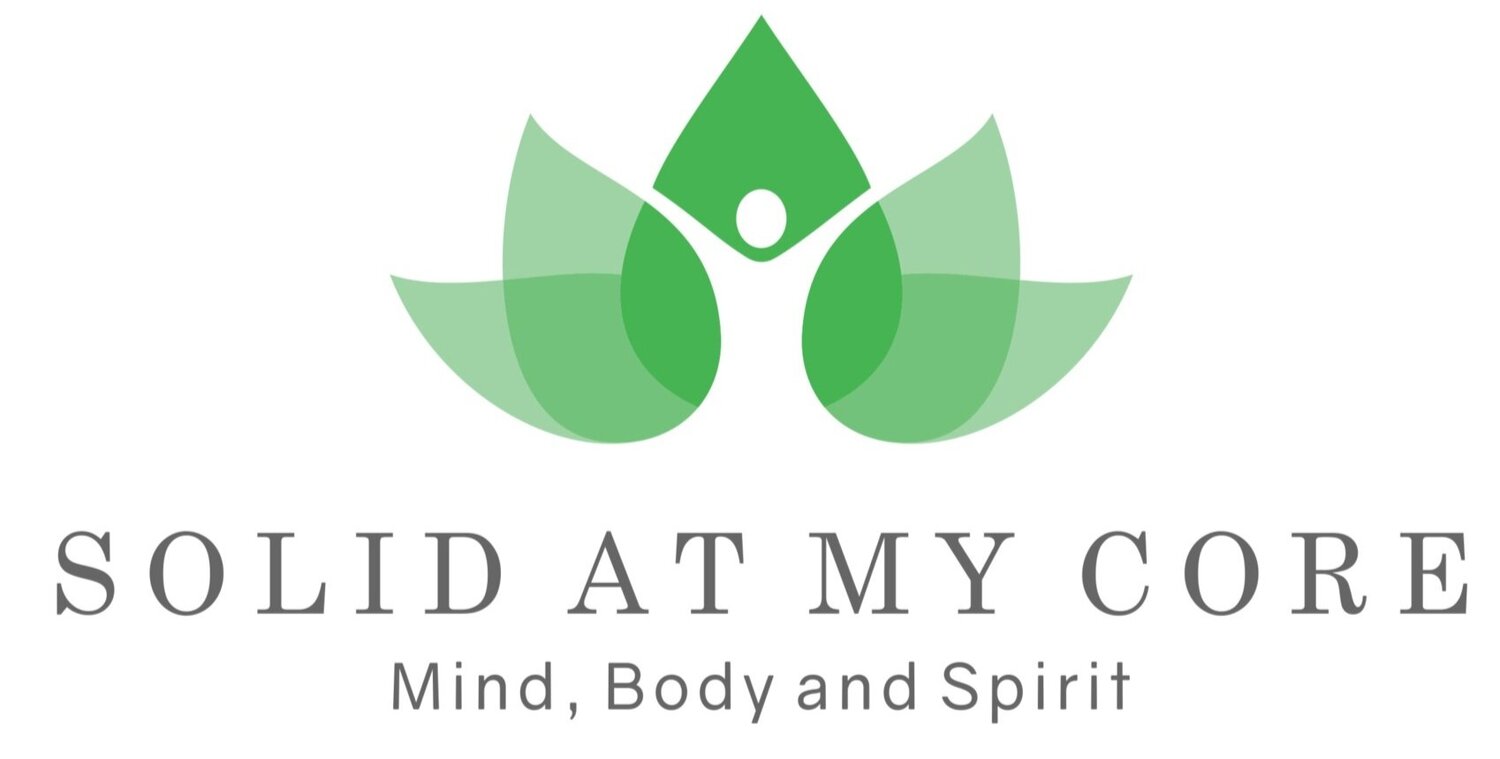The Habits That Protect Your Health During Stressful Times
Life has a way of testing us, often when we least expect it. Stressful seasons can feel all-consuming, draining our energy and leaving us wondering how we’ll make it through. But resilience—our ability to adapt, recover, and even grow in the face of challenges—is something we can build. It’s not a personality trait or a gift reserved for the lucky few; it’s a set of habits, choices, and practices that we can cultivate.
Learn more about products that are safe and toxic free.
Resilience isn’t about avoiding stress. It’s about learning how to navigate it while protecting your health—physically, emotionally, and mentally. Here’s how to start building those habits today.
1. Anchor Yourself with a Daily Routine
When everything around you feels chaotic, a simple routine can act as your lifeline. It gives you structure, stability, and a sense of control, even if it’s just starting your day with the same calming ritual or ending it with a small act of self-care.
Choose one or two anchor points in your day—a morning cup of tea, a midday walk, or a bedtime gratitude practice. These small rituals create a rhythm that helps you stay grounded no matter what’s going on.
2. Prioritize Restorative Sleep
When stress creeps in, sleep is often the first thing to go. But it’s during sleep that your body repairs, and your mind processes the events of the day. Skimping on rest makes it harder to think clearly, manage emotions, and bounce back.
Create a calming pre-sleep routine, like turning off screens an hour before bed or reading something lighthearted. Keep your sleep environment cool, dark, and quiet. Even if your schedule is hectic, aim for consistency with your bedtime and wake-up time.
3. Feed Your Body with Purpose
Stress often leads us toward comfort foods, but the truth is that your body needs more nourishment during tough times. What you eat directly impacts your energy levels, mood, and ability to cope.
Focus on whole, unprocessed foods like leafy greens, berries, nuts, and fatty fish. These foods are rich in nutrients that support your brain, balance your mood, and reduce inflammation caused by stress.
4. Move in a Way That Feels Good
Exercise is often framed as a chore or obligation, but when you’re stressed, movement can be an act of self-care. Physical activity releases endorphins, improves sleep, and clears mental fog.
Skip the high-pressure workouts if they feel overwhelming. Opt for gentle, stress-relieving movements like yoga, walking, or even stretching. The key is to move in a way that feels supportive, not depleting.
5. Create Space for Stillness
When life feels overwhelming, the idea of slowing down can feel counterintuitive. But stillness, whether it’s a moment of meditation, deep breathing, or simply sitting quietly, can help you reset and find clarity.
Start small with just two minutes of intentional stillness. Close your eyes, focus on your breath, and let the tension melt away. Over time, this practice can become a powerful tool for managing stress.
6. Build Connection with Others
Resilience doesn’t mean going it alone. In fact, one of the most protective habits during stressful times is leaning on your community. Whether it’s a close friend, a family member, or a support group, connection reminds us we’re not alone.
Reach out to someone you trust, even if it’s just to share how you’re feeling. Set aside time for meaningful conversations, or spend time with people who lift your spirits. The act of connecting, even briefly, can be profoundly healing.
7. Reframe Stress as Growth
It’s easy to see stress as the enemy, but sometimes it can be a teacher. Resilience comes from recognizing that challenges, while difficult, can also shape us in meaningful ways.
The next time stress feels overwhelming, ask yourself: What am I learning from this? or How will this make me stronger? Reframing the experience doesn’t erase the difficulty, but it can shift your perspective and make the challenge feel more manageable.
8. Protect Your Energy with Boundaries
When life feels overwhelming, every “yes” can feel like a withdrawal from a bank account that’s already running low. Learning to set boundaries is an act of self-respect and a critical part of resilience.
Practice saying no to commitments that drain you or don’t align with your priorities. Start small, like declining a meeting that could be an email, and work your way up to protecting bigger blocks of time for yourself.
9. Celebrate Small Wins
In stressful seasons, progress might feel slow or invisible. But resilience isn’t built in leaps; it’s built in steps. Recognizing and celebrating even the smallest victories can keep you motivated and hopeful.
At the end of each day, take a moment to reflect on one thing that went well. Maybe you ate a nourishing meal, had a meaningful conversation, or simply got through the day. These small wins are the building blocks of resilience.
Start small. Pick one habit that resonates with you and weave it into your routine. And as you do, you’ll find that even in the most challenging seasons, you have what it takes to protect your health and thrive.
Check out my FREE LEARN WITH ME section. This library of email series is based on specific topics, and all run for 5+ days. In addition to the 5 days of content, you will receive follow-up emails after the series is completed, focused on additional tips, tricks, and implementation strategies.



